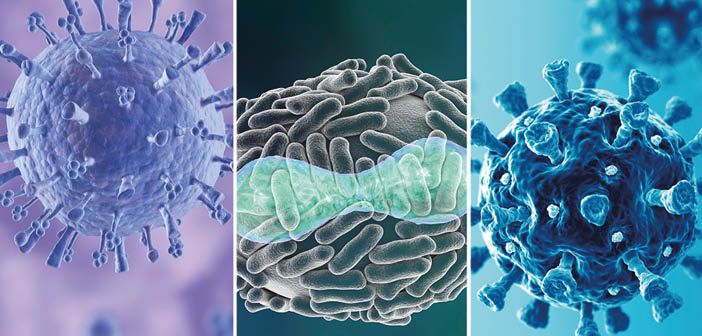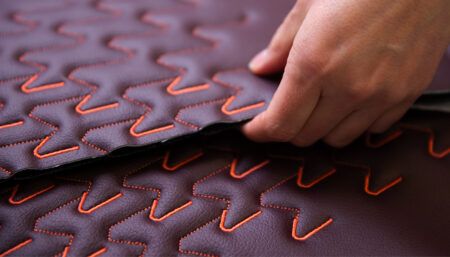Independent testing has validated the virus-reduction capabilities of a fabric coating technology called Bi-ome, reports its maker, Devan. The company said Bi-ome reduced viruses – including SARS-COV-2 – by 99% and higher on unwashed samples, and by 98.5% after 25 wash cycles.
“In view of the COVID-19 pandemic and fast-approaching Autumn/Winter flu season, we were keen to provide textile manufacturers with concrete assurance regarding virus-reduction performance on washed samples according to ISO 18184,” said Sven Ghyselinck, CEO of Devan. “This exceeds the limitations of the post-wash antimicrobial results most commonly shared for other technologies, giving the textile industry a clear, more precise overview of performance and wash durability.”
Over recent months, Devan has worked closely with a series of international third-party laboratories to test different fabric substrates against a wide range of enveloped viruses. It reports that before washing, samples treated with Devan Bi-ome score very good to excellent (99% and higher according to ISO 18184) results in terms of virus reduction. Different substrates – such as polyester, cotton and polycottons – were exposed to enveloped viruses including SARS-COV-2 (known to cause COVID-19), Feline Corona, Vaccinia (the EU standard for enveloped viruses) and Porcine Respiratory viruses. Devan says that after 30 minutes, Bi-ome reduced 99.96% of the activity of SARS-COV-2.
A decrease in coating technologies’ virus-reduction performance is expected after washing. However, Devan said Bi-ome delivered only a minimal reduction, registering a 98.5% virus reduction even after the fabric had been washed 25 times. Devan is further improving its formulas to improve wash resistance even more while keeping the economical add-on cost as low as possible.
Devan’s Bi-ome is already used in diverse applications including bedding, clothing, travel accessories and transport. The company says the technology is suitable for use in aircraft cabins. Bi-ome has non-metal, non-leaching, quat silane-based chemistry. The product is BPR (EU, TR) and EPA registered and Ökotex class 1 registered. Through its nature it is inherently biodegradable.





